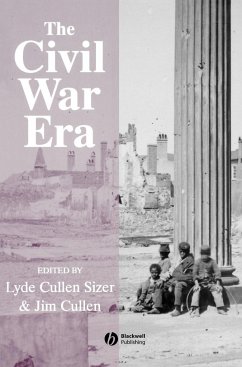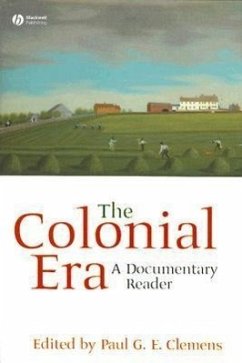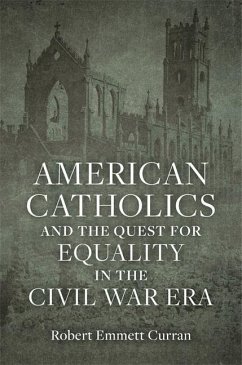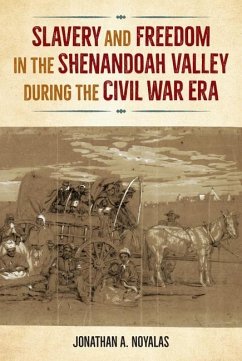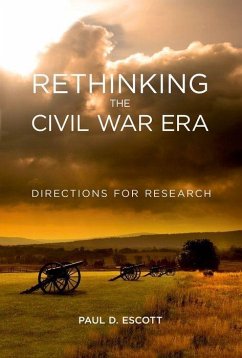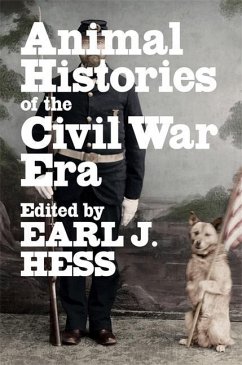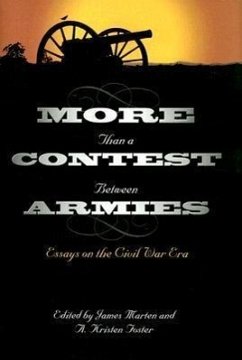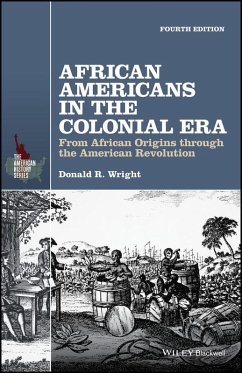Nicht lieferbar
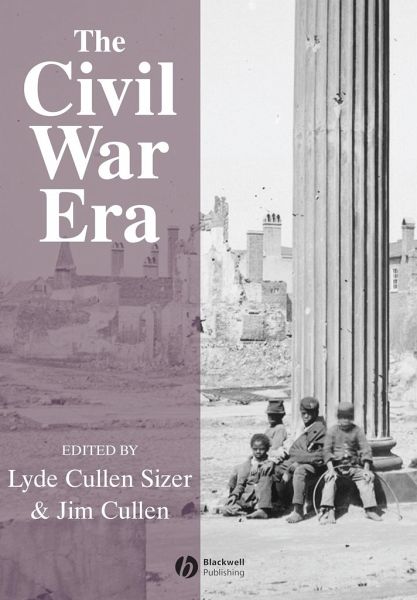
The Civil War Era
An Anthology of Sources
Herausgeber: Cullen-Sizer, Lyde; Cullen, Jim
There is an extraordinary range of material in this anthology, from Lincoln's Gettysburg address to a contemporary account of a visit from the Ku Klux Klan. The primary sources reproduced are both visual and written, and the secondary materials present a remarkable breadth and quality of relevant scholarship. * Contains an extensive selection of writings and illustrations on the American Civil War * Reflects society and culture as well as the politics and key battles of the Civil War * Reproduces and links primary and secondary sources to encourage exploration of the material * Includes editor...
There is an extraordinary range of material in this anthology, from Lincoln's Gettysburg address to a contemporary account of a visit from the Ku Klux Klan. The primary sources reproduced are both visual and written, and the secondary materials present a remarkable breadth and quality of relevant scholarship. * Contains an extensive selection of writings and illustrations on the American Civil War * Reflects society and culture as well as the politics and key battles of the Civil War * Reproduces and links primary and secondary sources to encourage exploration of the material * Includes editorial introductions and study questions to aid understanding




